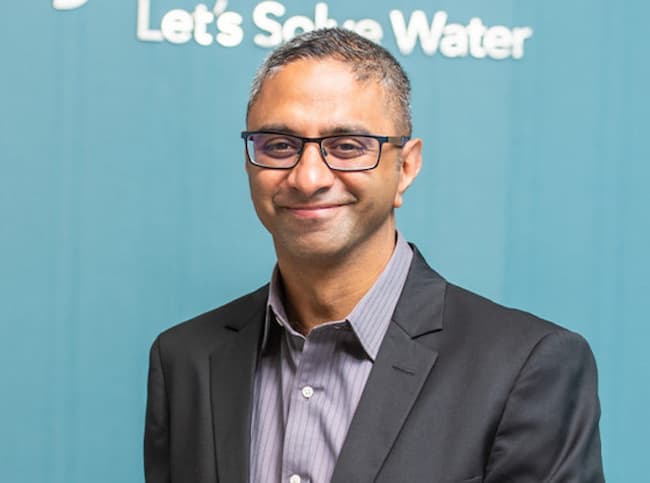“We use football to teach children about drinking healthy water, regular handwashing, and staying away from germs. I always dreamed of helping young girls in my community to be educated, and to be whatever they want to achieve in the future.”
These are the words of Fatimatu, a 20-year-old coach and youth volunteer from Ghana’s Cape Coast region. She dedicates much of her time to coaching local kids in football and helps them learn valuable life skills, including the value of water.
This is not just altruism. Every morning before she tends to her education and those of her youth footballers, Fatimatu carries buckets of water back to her home, helping her mother with daily chores.
Access to water is an enormous burden for many women and children. According to United Nations Children’s Fund (UNICEF), women and children worldwide spend a shocking 200 million hours each day carrying water.
It’s an understatement to say they understand the value of water more than most of us. This shouldn’t be the case. Water is our most valuable resource. We can talk about rare earth minerals powering our gadgets, gold and silver fuelling our economies, and oil powering our vehicles. Yet none of that matters without water.
If there is no water, there is no life, and the harder it becomes to access safe water sources, the less time we have to spend creating those other benefits of civilisation.
The bad news is that we are very wasteful and ignorant about water. But there is good news, too: by educating young people through the things that ignite their passions, such as football, storytelling and creativity, we are changing our attitudes.
Undervaluing Water
We are irresponsible with water. A general estimate by environmental agencies is that we waste 136 litres or 30 gallons per day per person, particularly in developed and urban economies. Almost 40 percent of piped water fails to reach its source due to leaks, costing US$39 billion annually.
Most of those losses erode the finances of local communities, forcing them to cut back on services such as education and policing. Industries that monitor their electricity consumption down to the decimal tend to take a relaxed attitude towards water consumption and efficiency. Really, if we had to take a water test today, humanity would fail miserably.
Some of that blame lies with our busy lives and the modern conveniences of piped water. We start taking it for granted. But that is different with younger generations.
They appreciate the message of looking after our natural resources. Recently, a friend told me about how her 6-year-old daughter gave her a lecture. The kid had learned about water security at school, and she got angry when my friend poured used cooking water down the drain.
“Mom, that should go on the plants!” she exclaimed. My friend had no response—her daughter was right. We had forgotten how to be responsible with water. But our children know, and they have every right to. It’s their future at stake.
The Kids Are Alright
During my career in the water industry, I’ve seen how powerful this dynamic is and how we can spread the message of water through the youth by teaching them about water security. Storytelling is very successful, such as Splash.
This colourful character, designed here in Africa, brings water conservation to kids across the continent through colourful children’s book adventures. Children and teenagers are also discovering the opportunities of a career in water innovation—the annual Stockholm Junior Water Prize, running since the 1990s, encourages youths from over 40 countries to invent new ways to secure and deliver water to everyone.
But the greatest momentum is emerging from football. Across the world, in partnership with Manchester City Football Club, Xylem is supporting young community football leaders to educate their communities on the importance of water. Young coaches and teachers such as Fatimatu in Cape Coast, Ghana, are helping to make a difference, arming the next generation with the knowledge to change all our attitudes towards water.
Water is critical for the world we live in. Whether you enjoy a refreshing glass to cool down, nourish your crops, stroll along a mesmerising river stream, or cool the machinery that generates our electricity and modern resources, water is irreplaceable. Water security is fundamental to our survival.
Water security starts with educating our youth. Fortunately for us, that is already happening. How can we take it further and educate ourselves in the process? That’s a question we should all be asking.













